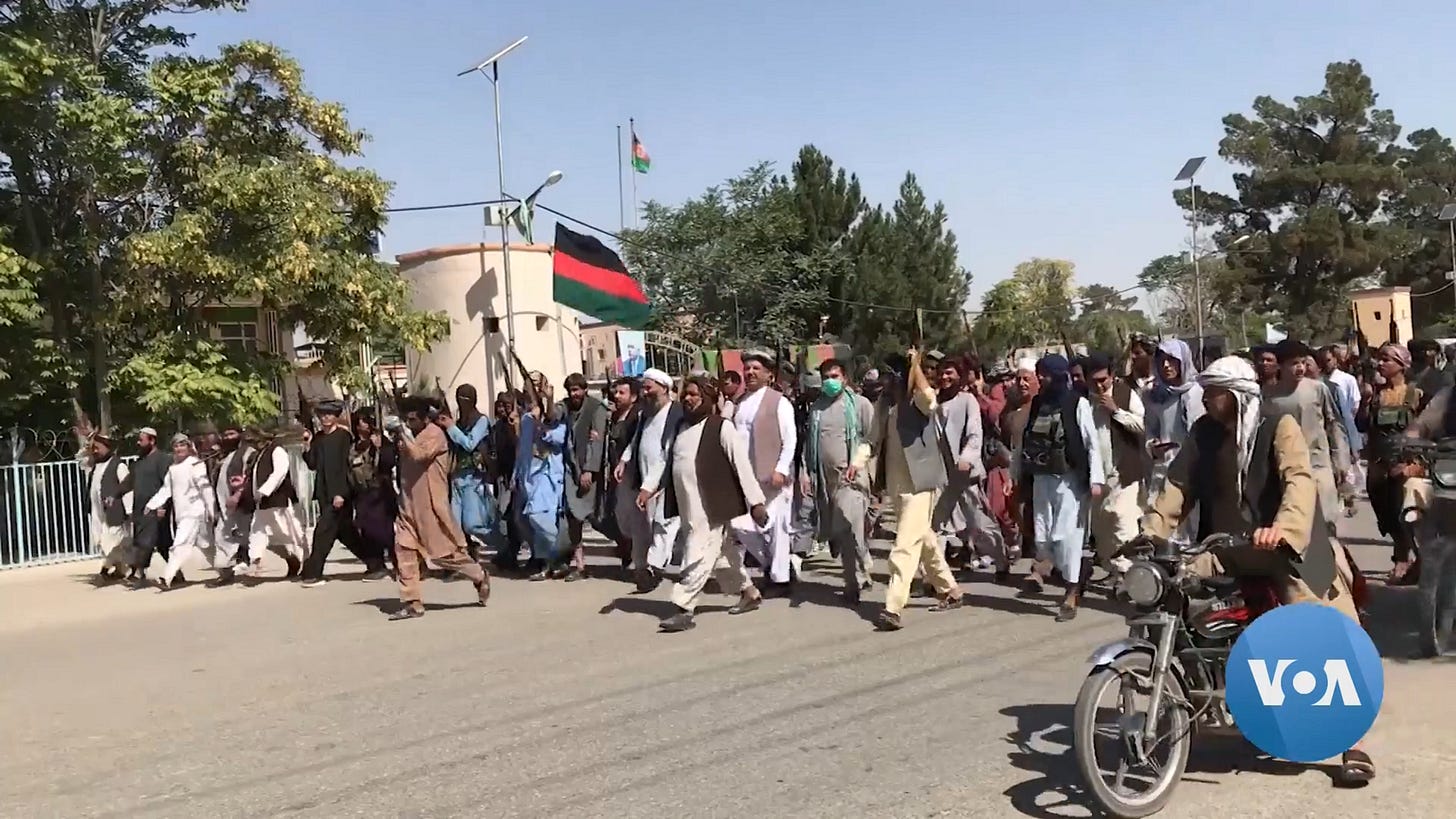
Three years ago, our Republic crumbled as the Taliban seized control of Afghanistan, plunging our nation into darkness. Just two weeks before Kabul fell, I left home for what was supposed to be a brief visit to my friend and brother, …
Keep reading with a 7-day free trial
Subscribe to Grumpy Combat Veteran to keep reading this post and get 7 days of free access to the full post archives.


